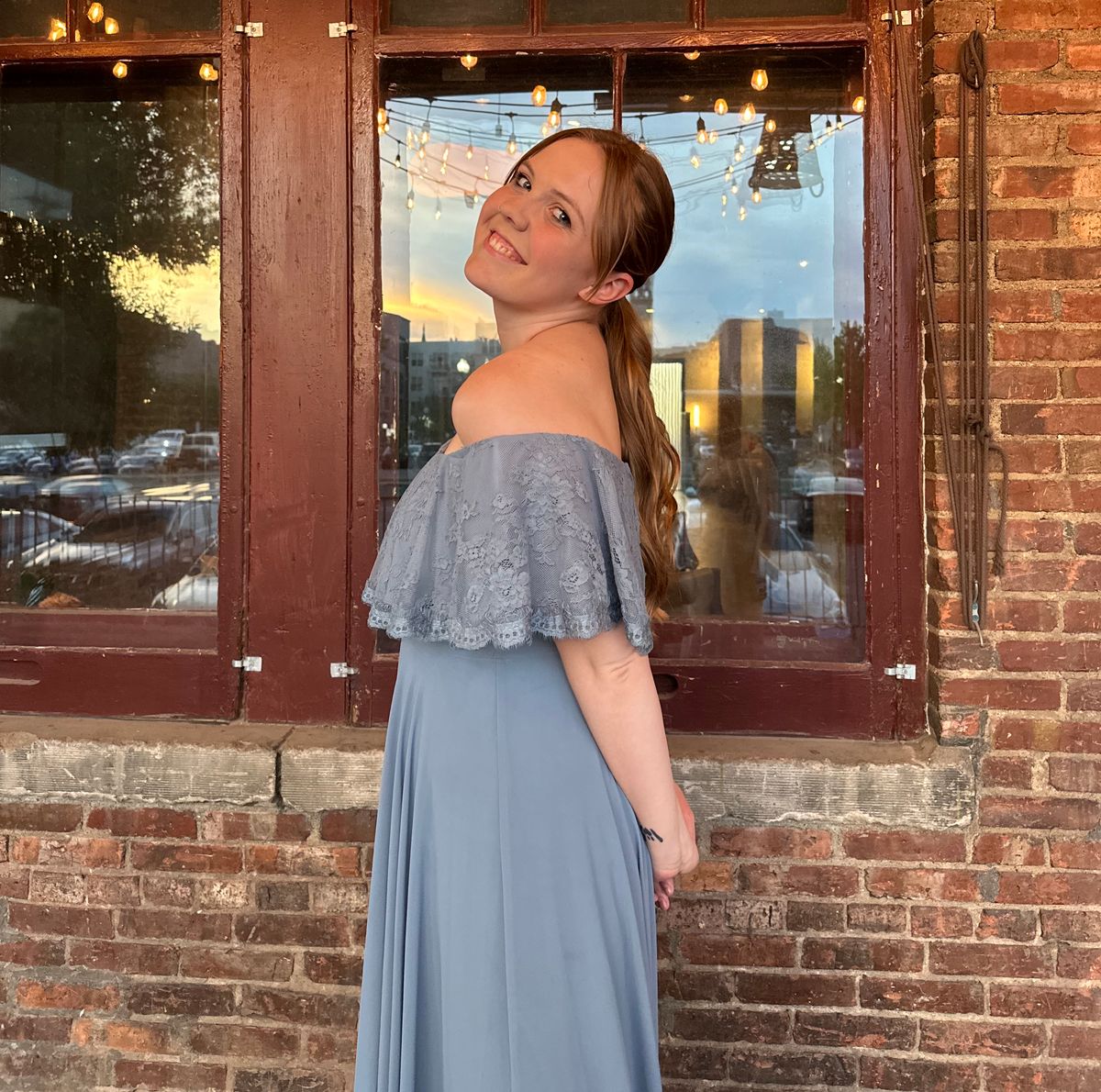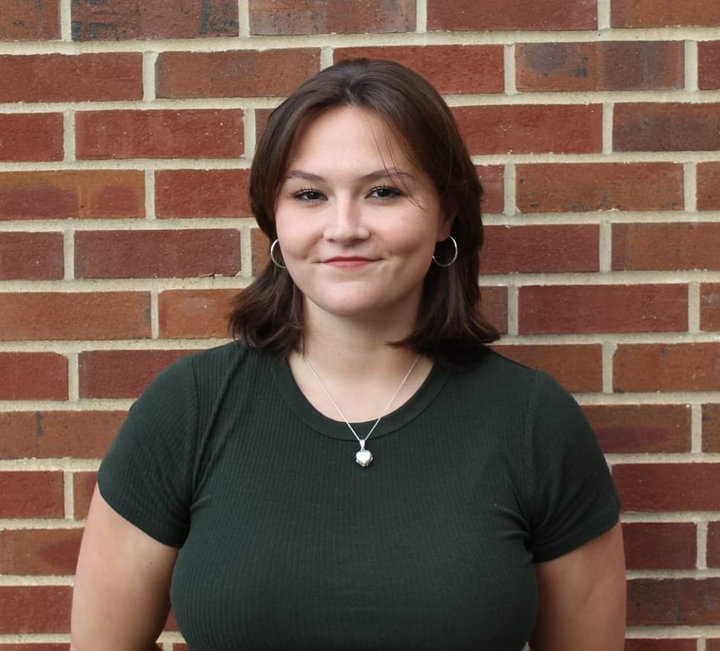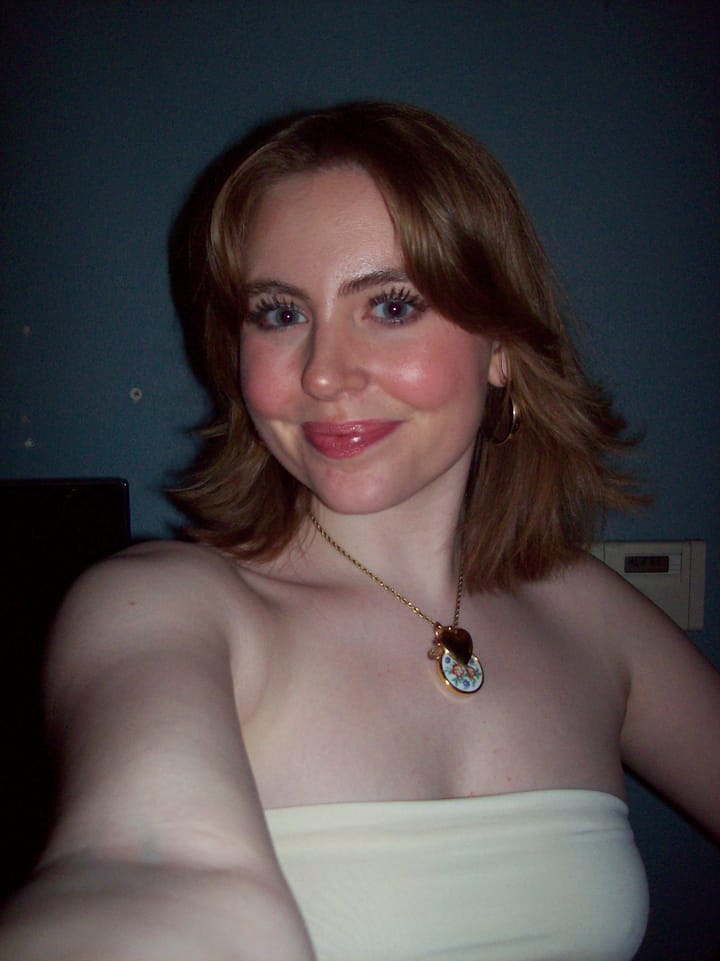Supportive communities prevail despite instances of homophobia

Sunday, 1:00 a.m. I’m alone in my room, finishing up an article for the Mirror, my back against the wall, when I hear what seem to be the voices of straight, male students outside my window.
I’m annoyed — again, it’s 1:00 a.m. — but that’s pretty par for the course on a college campus, so I ignore it.
Then I hear, “you homo,” and the reply from the other person: “f*ggot.”
It’s far from the first time that particular slur has been shouted through my wall. There are those that use it as a common swear, interchangeable with “f*ck” and “sh*t.”
I know, logically, the word isn’t directed at me. I’m just an unwilling and unfortunate eavesdropper. And yet, I can’t help but curl myself into a ball and cry while I stare at the pink, purple and blue bisexual flag across from where I sit on my bed.
When I tell my friends about the incident in the following days, some tell me to report it and some simply lament with me, telling me they’re sorry it happened to me. Even with all their validation, I feel a little silly for letting the incident seep under my skin like that. I know that, despite its efforts to the contrary, homophobia exists on Augustana’s campus.
I also know that the problem is more systemic than what can be dismantled through a college education. No amount of diversity, equity and inclusion training can unravel a childhood of social conditioning to think that queerness is so disgusting, so reprehensible that a homophobic slur passes as a run-of-the-mill expletive.
Despite efforts in the past few years among the LGBTQ+ community to reclaim that word, it still makes my skin crawl.
In the early 20th century, the term referred to male sex workers that, regardless of their own sexual orientation, serviced male clients. This early meaning is thought to be how the word became a slur for gay people. There’s some debate about whether or not the term was meant as an offensive one, but modern use of the word is uncouth at best and dehumanizing at worst.
Of course, living in South Dakota, I’ve had the harmful term aimed at me before. It doesn’t, however, change the sick feeling in my stomach or the way the hairs on the back of my neck stick up when I hear someone who has no business saying the word hurling it, no matter the context.
On the other hand, being queer at Augustana is rarely such a harrowing experience. In fact, I’ve found the queer community on campus to be beautiful and loud and authentic. They host drag shows and create safe spaces, even amid political tensions regarding queerness in the state of South Dakota.
My experience with Augustana’s queer community is so positive, in fact, that I forget that people like those that were outside that early Sunday morning are here too, people who feel no fear shouting slurs at 1:00 a.m. on a public street where anyone can hear them.
Even as tears stream down my face, I know on some level that I’m not upset at the men shouting disgusting things outside my window per se. I may feel fear, but it’s only because my own cognitive dissonance can’t rationalize their view of the world with my own.
Between my online activity and in my real life, I’ve found myself in my own shiny, pink bubble full of pro-LGBTQ+ rhetoric and the joy of being queer.
In this reality I’ve made for myself, that many of us have made for ourselves, I don’t have to see the world for what it is. I can know that homophobia exists but only think of it on an intellectual level, something that happens outside of my happy little bubble.
I need that sense of security, but it’s also a crutch. Inevitably, something happens that makes it so that I can no longer pretend that bigotry is something that happens in the world at large but isn’t relevant to me and my community.
Not that this constructed reality is entirely an inaccurate picture of the world: safe spaces and vibrantly supportive queer communities exist. The beautiful people and ideas that make up my safety bubble exist. It’s just that voices expressing ideologies like those of these men can be deafening.
It can be hard to feel hopeful in those moments. But if nothing else, listening to Hayley Kiyoko and talking to supportive friends can help remind you that the world isn’t so scary, and there are plenty of reasons to feel queer joy.



